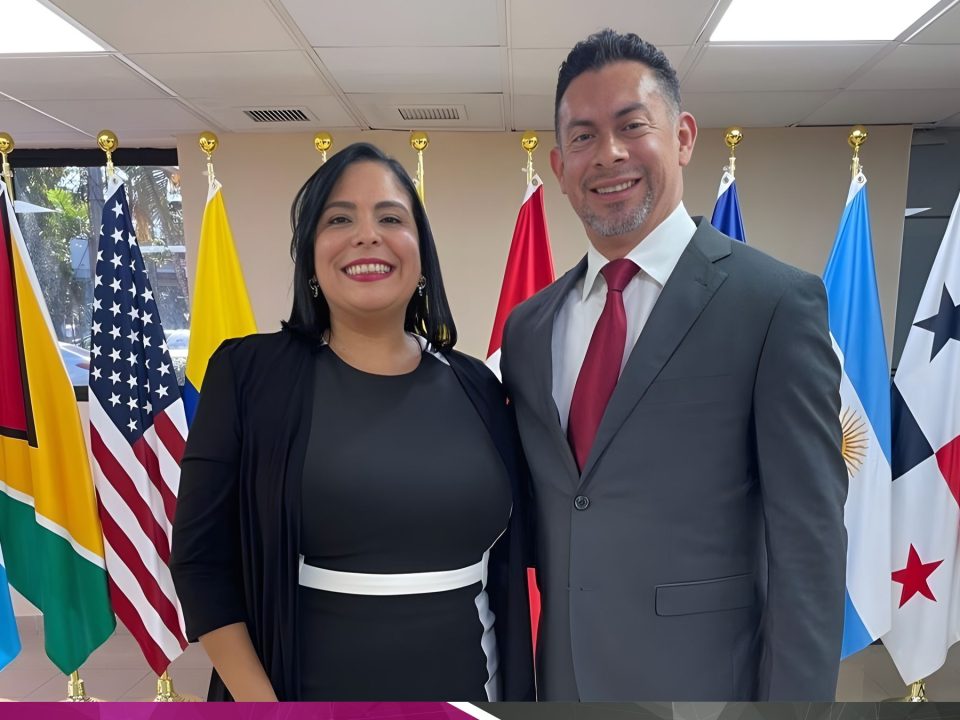
Company Incorporation in Nevis
20/11/2024
The Impact of Cryptocurrencies on Wealth Management Planning
16/12/2024General Overview and Advantages of the Usufruct of Shares in a Panamanian Corporation

By: Mariano Oteiza Díaz
The usufruct is a legal right that allows a person, known as the usufructuary, to use and enjoy another person’s property, in this case, shares in a corporation, without altering its substance, unless otherwise agreed, and while respecting the rights of the owner, referred to as the bare owner. In Panama, the usufruct of shares is not expressly regulated in the Corporations Law (Law 32 of 1927), so it must comply with the provisions contained in the charter of each corporation and supplementarily to what is provided by the Civil Code since our Code of Commerce does not regulate the subject either. This article examines the legal aspects, requirements, and procedures associated with the usufruct of shares in a corporation incorporated pursuant to Panamanian law.
Legal Basis
Specifically, Law 32 of 1927, which regulates corporations in Panama, does not specifically address in detail the usufruct of shares, but it does leave room for this right to be regulated by means of the corporation’s Charter or bylaws.
From a general view, the usufruct is regulated in Panama by Articles 452 to 512 of the Panamanian Civil Code, which outlines the basis for its establishment, the rights and obligations of the parties, and its termination.
In the context of a corporation, the usufruct of shares serves as a mechanism which allows the owner of the shares to grant to another some of the rights inherent to his ownership right over the shares, which implies the division of rights between the usufructuary and the bare owner. The usufructuary may enjoy the economic fruits generated by the shares during the validity of the usufruct, such as dividends, interests, or rights from capital increases (as agreed between the parties), while the bare owner retains ownership of the shares and their intrinsic value.
Requirements for Establishing the Usufruct of Shares
- Agreement Between the Parties
The usufruct of shares must be established through a legal contract or action which clearly defines the terms of the usufruct, the rights and obligations of the usufructuary and the bare owner, as well as its duration. This agreement can be private or by means of a public act before a notary. The latter is advisable in order to give the usufruct a certain date and for it to be effective against third parties. In addition, it is recommended that the constitution of the usufruct be informed to the corporation issuing the shares. - Entry in the Shareholders’ Register
Every Panamanian corporation must maintain a shareholders’ register that records the identity of shareholders and any encumbrances or rights over the shares, including the usufruct. The establishment of the usufruct must be included as a marginal note on the corresponding shares in the shareholders’ register. - Existence of Shares
Unlike other jurisdictions, in Panama, the shares must exist and be duly issued in order to be given in usufruct. The usufruct of future shares is not permitted. - Statutory Modifications (if applicable)
While not mandatory, the corporation’s bylaws may include specific provisions on the usufruct of shares, such as how voting rights are exercised or how dividends are distributed between the usufructuary and the bare owner. - Duration of the Usufruct
The usufruct can be established for a specific term or for life. If no term is specified, it is presumed to be for life. The usufruct ends upon the expiration of the term, the usufructuary’s waiver, the consolidation of usufruct and ownership, or other causes provided by the Civil Code.
Rights and Obligations of the Parties
- The Usufructuary
The usufructuary has those rights expressly contemplated in the usufruct contract, and it is understood that this basically includes the right to receive the fruits of the shares, i.e. the dividends declared by the corporation, interests, and other returns which are generated. However, unless otherwise agreed, the usufructuary is not entitled to vote in general shareholders’ meetings, as this right pertains to the bare owner. - The Bare Owner
The bare owner retains ownership of the shares and, unless otherwise agreed, holds the voting rights in corporate decisions. However, the bare owner is under the obligation to respect the usufructuary’s economic rights for the duration of the usufruct. In the event of disposal of the shares, the transfer thereof falls on the bare ownership, with the rights given in usufruct remaining in favor of the usufructuary.
Practical Applications and Benefits of the Usufruct of Shares
The usufruct of shares is a flexible tool that can be employed in various scenarios, such as:
- Estate and Succession Planning: It enables the transfer of economic rights to heirs without losing corporate control.
- Financial Guarantees: It can be used as a mechanism to secure payment obligations.
- Investment Strategies: It allows the usufructuary to benefit economically from shares without fully acquiring them.
Conclusion
The usufruct of shares in a Panamanian corporation is a legal framework which allows dividing the economic and political rights of shares, granting flexibility and options for asset management and corporate relationships. To ensure its effective establishment, it is crucial to comply with the legal requirements outlined above while respecting the rights of both parties. While the regulation is general, its practical implementation must align with the specific provisions of each corporation and the needs of the shareholders.
For more information, contact us at bd@icazalaw.com.








